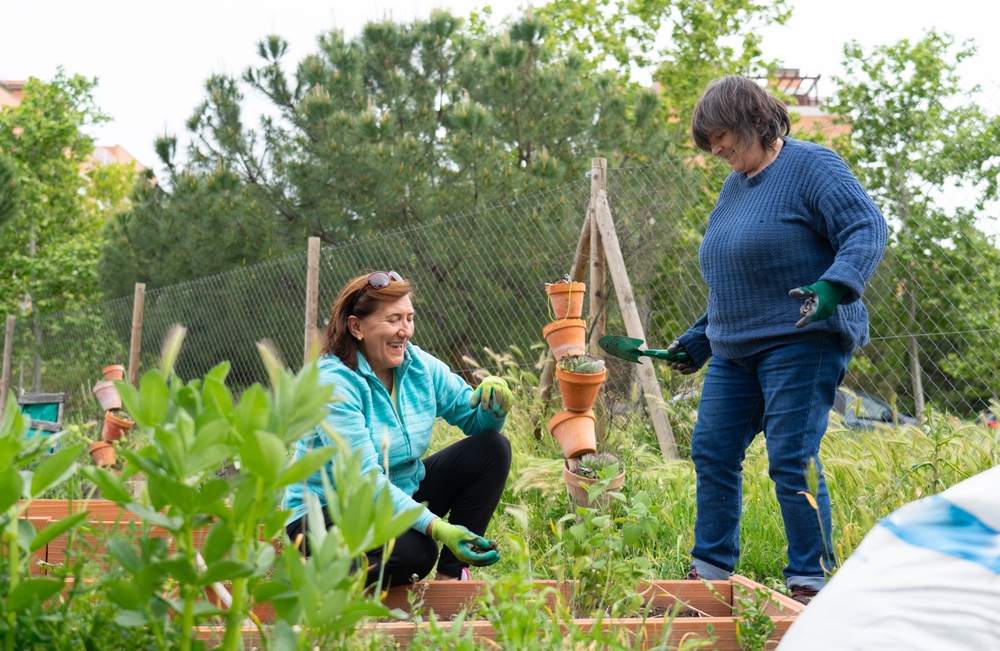The Sociocultural Impacts of Urban Gardening
Urban gardening is a grass-root initiative that has been turning heads around the world. It’s a movement that has permeated urban environments, transforming them into green, sustainable spaces. This article delves into the sociocultural implications of urban gardening, examining its historical development, current trends, and the profound ways it's shaping modern society.

The Origins of Urban Gardening
Urban gardening has roots in ancient civilizations, where societies cultivated food within city walls during times of scarcity. However, it wasn’t until the 1970s that this practice took on a new life, with the rise of community gardens in cities like New York, aiming to combat urban decay and foster community spirit.
The Modern Urban Gardening Movement
In the 21st century, urban gardening has become a powerful platform for social change. It’s seen as a response to environmental crises, urbanization, and food insecurity. Whether it’s rooftop gardens in Hong Kong or community plots in London, these green spaces are reshaping the urban landscape, fostering community connections, and promoting sustainable living.
The Sociocultural Impact of Urban Gardening
Urban gardening is more than just a trend—it’s a revolutionary shift in how we perceive and interact with our urban spaces. It has significant sociocultural implications, from promoting community cohesion to challenging traditional notions of urban living.
When individuals come together to cultivate a garden, they’re not only growing plants but also a sense of community. Shared endeavors foster collaboration, mutual respect, and a sense of belonging, breaking down societal barriers.
Furthermore, urban gardening has the potential to reframe our relationship with food. It encourages a more sustainable and locally focused mindset, prompting individuals to question the origins and impacts of their food choices.
The Future of Urban Gardening
As urban gardening continues to flourish, its influence on society will likely deepen. It may inspire new modes of urban planning that prioritize green spaces and sustainability. It might also stimulate important discussions on food security, climate change, and the importance of community.
Final Thoughts
Urban gardening reflects a growing global awareness of sustainability and community. Its impacts are far-reaching, influencing not just our physical surroundings but our social interactions, values, and future planning. As we continue to grapple with the challenges of the modern world, urban gardening offers a tangible way to enact change from the ground up.
As with any movement, urban gardening’s future depends on its continued adoption and adaptation. It’s a testament to the power of collective action and the transformative potential of everyday practices. By digging deeper into this phenomenon, we might unearth valuable insights into our capacity for resilience, innovation, and community-building in an increasingly urbanized world.






